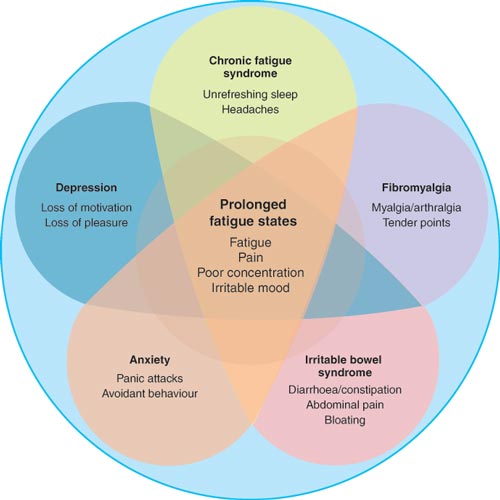Chronic Fatigue and NAD Treatment
Chronic Fatigue and NAD Treatment
Chronic fatigue is very common among modern population. Studies have shown that over 9 million Americans today suffer from chronic fatigue. It affects people differently in that some may have a mild form of chronic fatigue while in others it may be severe. The severe form of chronic fatigue leads to a condition called chronic fatigue syndrome.
So what is chronic fatigue syndrome?
It is a debilitating disorder that affects a number of organs and is characterized by intense fatigue. This kind of fatigue worsens with mental or physical activity and does not go away easily even with bed rest. The symptoms of chronic fatigue include general body weakness, impaired memory, muscle pains, depression, anxiety and insomnia. Because chronic fatigue affects more than one body system, it ends up affecting the quality of your life.
People who suffer from chronic fatigue syndrome end up spending most of their time in bed due to the pains that accompany the condition. The condition is not easily diagnosed and some patient who exhibit similar symptoms end up being diagnosed with other conditions. Fibromyalgia (FMG) is one condition that tends to be every similar with chronic fatigues syndrome.
Fibromyalgia is characterized by symptoms such as prolonged muscle pains and tenderness. Fatigue, sleep disorders and impaired memory are also conditions that accompany FMG. The two conditions are however treated along the same line. The only difference is that in case of FMG, muscle pains prevail over other symptoms.

Causes of Chronic Fatigue
The official cause of the condition is still unknown. However, several studies point to certain factors that may indeed cause the symptoms associated with chronic fatigue syndrome.
Hormonal Imbalances: most patients with chronic fatigue syndrome in one way or another suffer from hypothyroidism and adrenal fatigue. The thyroid and adrenal hormone are responsible metabolism regulation. In this case, low levels of these hormones in the body cause energy levels to decline thus causing fatigue.
Toxics: compounds such as pesticides, herbicides contain toxics that poison the mitochondria and thereby affecting the production of energy that leads to symptoms of fatigue.
Mitochondrial dysfunction: the mitochondria are very vital in the body for the production of energy. When the mitochondria are not functioning as they should, energy production for the cells is affected. The body thereby ends up exhibiting symptoms of fatigue.
Food allergies: food allergens cause several symptoms one of them including fatigue. Some allergies manifest physically e.g. through swelling while others do no show. Most patients with chronic fatigue may not realize that it is being caused by the foods they eat because the allergies are not physically manifested.
Nicotinamide Adenine Dinucleotide (NAD) Treatment
The fatigue experienced in chronic fatigue syndrome is as a result of declined energy levels in the body. NAD treatment is one the several ways of treating chronic fatigue as it is shown to boost energy levels in an individual. Nicotinamide adenine dinucleotide (NAD) is usually a molecule whose work is to react with the mitochondrial oxygen in order to produce energy required for body functions such as breathing, digestion and blood circulation among others. When the body lacks this essential energy, it means that energy production is affected leading to fatigue, anxiety, depression, muscle pains, memory impairment, insomnia, decreased concentration levels as well as other chronic conditions.
NAD is usually an active form of the B3 vitamin. When combined with hydrogen it becomes a coenzyme called NADH. The body uses hydrogen in combination with oxygen to generate energy. The carbohydrates, fats and proteins we take in our diets, have chemicals that are necessary for energy production. The NAD is then loaded with hydrogen and when it enters the mitochondria, it reacts with the oxygen present producing energy. Conditions such as stress and toxins end up inhibiting this process and energy is not produced resulting in fatigue.
Patients with chronic fatigue syndrome undergo NAD therapy in order for the body to actively generate energy. Research studies show that NAD is present in almost every type of food we consume. However, most of it is lost during preparation and cooking of food. The little that is left is broken down in the digestive system by acids present. The body therefore ends up not having enough of the molecule which is why a large number of the population suffers from chronic fatigue.
To learn more about chronic fatigue and its treatment, just visit www.awaremednetwork.com. Dr. Dalal Akoury will also provide you with more health and awareness tips. She has treated many patients suffering from chronic fatigue syndrome by use of NAD Therapy. You too can be part of this healing at AwareMed.
Chronic Fatigue and NAD Treatment


















